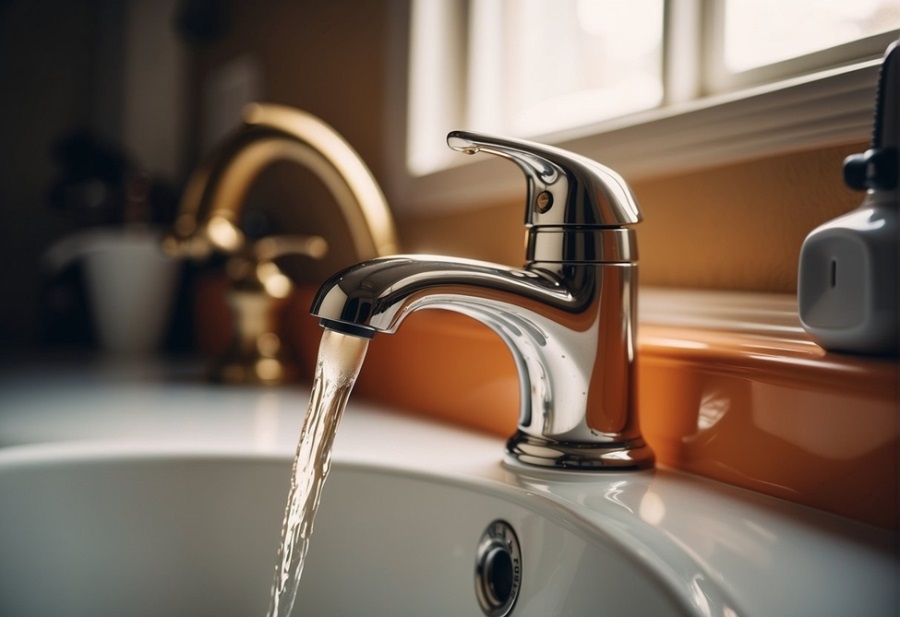Water softener equipment has one role when installed – reduce the amount of minerals found in the incoming water, effectively eliminating the problem of “hard” water in a home. Installed at the main feed, the tool basically provides “soft” water throughout the home, solving all the problems that come with hard water. That includes scaling, plumbing damage, stains, premature wear on clothes through laundering and skin problems from hard water exposure.
What Causes Problems (Which Can be Avoided)
Water softeners get a lot of opinions if a homeowner asks around. However, what is interesting is that not many people have them. Much of the opinion is passed on from word of mouth or things heard from others.
The first big issue is salt. It is true that some water softeners do use salt to help filter out minerals, which results in a higher salt content in the water that comes through the filtering and used by the homeowner. This can be an issue for those who are sensitive to salt levels in their diet. That said, the issue can be offset considerably by simply not consuming tap water and using additionally filtered water or bottled drinks instead.
The second concern involves installation. It is correct that a water softener does require an installation with a home plumbing system. It needs to be integrated with the main water feed coming into the house. That involves a connection, rerouting the main through the filter, and then reconnecting the output to the home plumbing grid.
Getting Started
A water softener install definitely is not the sort of thing one can just go to the big box hardware store down the street and take care of in a day or so by themselves. It's serious plumbing work that requires the service of a whole-home water softener installation service from a professional and licensed plumber team.
Modern Changes To Be Aware Of
The latest water softeners have improved quite a bit from what was offered years ago, which tends to be the source of many of the typical comments heard. Today’s water softeners are designed with an ion exchange process. The hard water goes into the system, and the filtration uses a bead approach to catch and trap the minerals that make the water cause damage to a home. Those beads provide sodium to the mix, which is instrumental in catching other minerals otherwise very diluted into the water, such as calcium and magnesium. Doing so, however, leaves a salt residue in the cleaner water that comes through. While advanced systems today have reduced the amount of salt that comes through ion exchange, it’s still a fundamental part of water softening.
Replacing an Old System
In some cases, a homeowner may have already had an existing water softener, but it’s time to upgrade. A well-maintained system can be expected to last up to 15 years, so a lot can change between the time it was installed and the technology available today. Municipalities or water companies can also change their water hardness over time too, which means the softener used should be modified as well.
As a result, the installation of a replacement should be handled by a professional plumber team to make sure the latest technology is installed correctly. This ensures that there is compatibility with the parts and the existing plumbing, that the system works correctly and, most importantly, there are no gaps or mistakes that can turn into a water leak or worse.
Whichever path is being taken, a water softener can provide a proactive solution to hard water that would otherwise be very damaging to a home, as well as a health concern to the homeowner. That said, installation, replacement, or repair should be handled the right way by a plumbing professional. It can save a home from a lot of mistakes, and you get the benefit of how the latest technology will actually work at a practical level with a given home.





